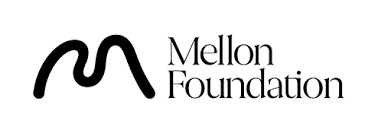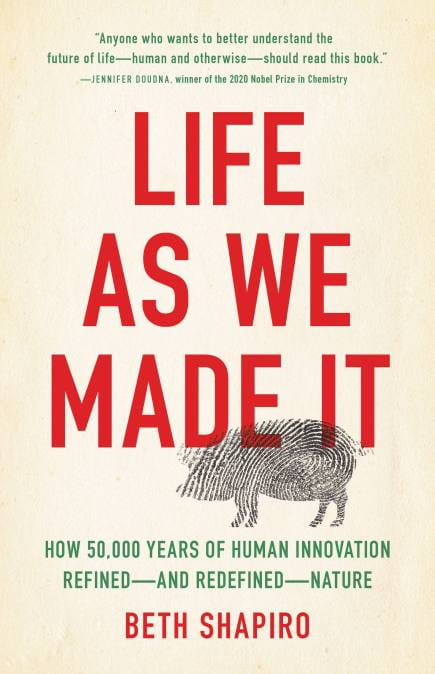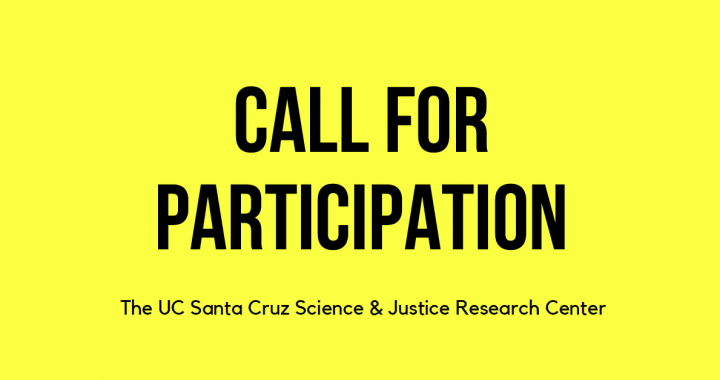
Unjustly Exposed – an interactive documentary on COVID in prisons and jails.
In Fall 2020, UCSC Film and Digital Media Professor and Science & Justice Affiliate Sharon Daniel launched Unjustly Exposed (https://www.unjustlyexposed.com/), an interactive documentary on COVID in San Quentin prison. The interactive web project is a cumulative public record and evolving history of the pandemic’s impact on those incarcerated. Exposed is the latest in a series of new media documentary projects created by Daniel that reveal social and economic injustice across public institutions, including the criminal justice system, the prison industrial complex, the public health system, and the public education system.
Learn more in this campus news article, “UCSC arts professor documents spread of COVID-19 inside prisons, jails, and detention centers.”
Contact
Sharon Daniel (Film and Digital Media)
Undergraduate and Graduate Researchers – Fall 2021
Matei Galic, a Rachel Carson College affiliate, is a Politics and Legal Studies major. He is interested in constitutional law and in attending law school in the future, but before then wants to gain experience with political research on political demography and shifts in voting behavior.
Ching Jung Lai (Joyce), a College Nine affiliate, is a Human Biology undergraduate. She is enthusiastic about investigating the conditions of healthcare in jails and advocating the prisoners’ rights of receiving proper healthcare.
James Opilas, a College 10 affiliate, is a Legal Studies undergraduate. James hopes to advocate for underrepresented groups’ health and well-being. After graduating, he plans to pursue a higher education at law school, after which he plans on specializing in immigration law or criminal law.
Andrea Pastor, a Stevenson affiliate, is a Politics and Philosophy undergraduate. She is passionate about criminal justice reform & immigration rights so she plans to go to law school to help give a voice to those who have been stripped of their own.
Sophia Parizadeh, a College 10 affiliate, is a Politics undergraduate. Sophia is strongly interested in prison reform and advocacy for rights of incarcerated individuals. Sophia plans on attending law school after graduating from UCSC.
Undergraduate and Graduate Researchers – Summer 2021
Ching Jung Lai (Joyce), a College Nine affiliate, is a Human Biology undergraduate. She is enthusiastic about investigating the conditions of healthcare in jails and advocating the prisoners’ rights of receiving proper healthcare.
Sophia Parizadeh, a College 10 affiliate, is a Politics undergraduate. Sophia is strongly interested in prison reform and advocacy for rights of incarcerated individuals. Sophia plans on attending law school after graduating from UCSC.
Matt Sioson, a Cowell college affiliate, is a Legal Studies undergraduate. Matt serves as the director of the Walls to Bridges Book Project, a student-volunteer run non-profit which sends books to children on behalf of their incarcerated family members. In May 2021, Matt was recognized by the Donald A. Strauss Public Service Scholarship Foundation in support of his work with the project. Matt plans on attending law school after graduating from UCSC and also serves as President of the UCSC chapter of the Phi Alpha Delta pre-law Fraternity to help provide resources and strategies for his peers who are also striving towards a career in law.
Abram Stern (aphid), a Ph.D. candidate at UC Santa Cruz in Film and Digital Media. Abram is an artist and scholar whose work analyzes media and metadata related to the oversight of public bureaucracies related to policing and surveillance while surfacing apparatuses of sense-making and that make this analysis possible and opacities that obstruct it.
Undergraduate Researchers – Winter and Spring 2021
Norhan Abolail, a Kresge affiliate, is a Psychology undergraduate minoring in Legal Studies. She is passionate about advocating for prisoners’ rights, abolishing the prison industrial complex, and eliminating unpaid labor in prisons.
Shana Salem, a Rachel Carson College affiliate, is a Feminist Studies and Cognitive Science undergraduate.
Emily Schweitzer, a Porter college affiliate, is a Politics and Critical Race and Ethnic Studies undergraduate. After graduating, Emily plans to use her combined disciplines to pursue a field in immigration law, or abolition work. She is also currently in an internship working on DEI efforts at the UCSC Norris Center.
Matt Sioson, a Cowell college affiliate, is a Legal Studies undergraduate. Matt is strongly interested in criminal justice reform and has been volunteering with the Walls to Bridges Book Project to help keep children connected to their incarcerated loved ones. Matt plans on attending law school after graduating from UCSC. In May 2021, Matt was recognized by the Donald A. Strauss Public Service Scholarship Foundation in support of his work sending books to children with incarcerated family members.




